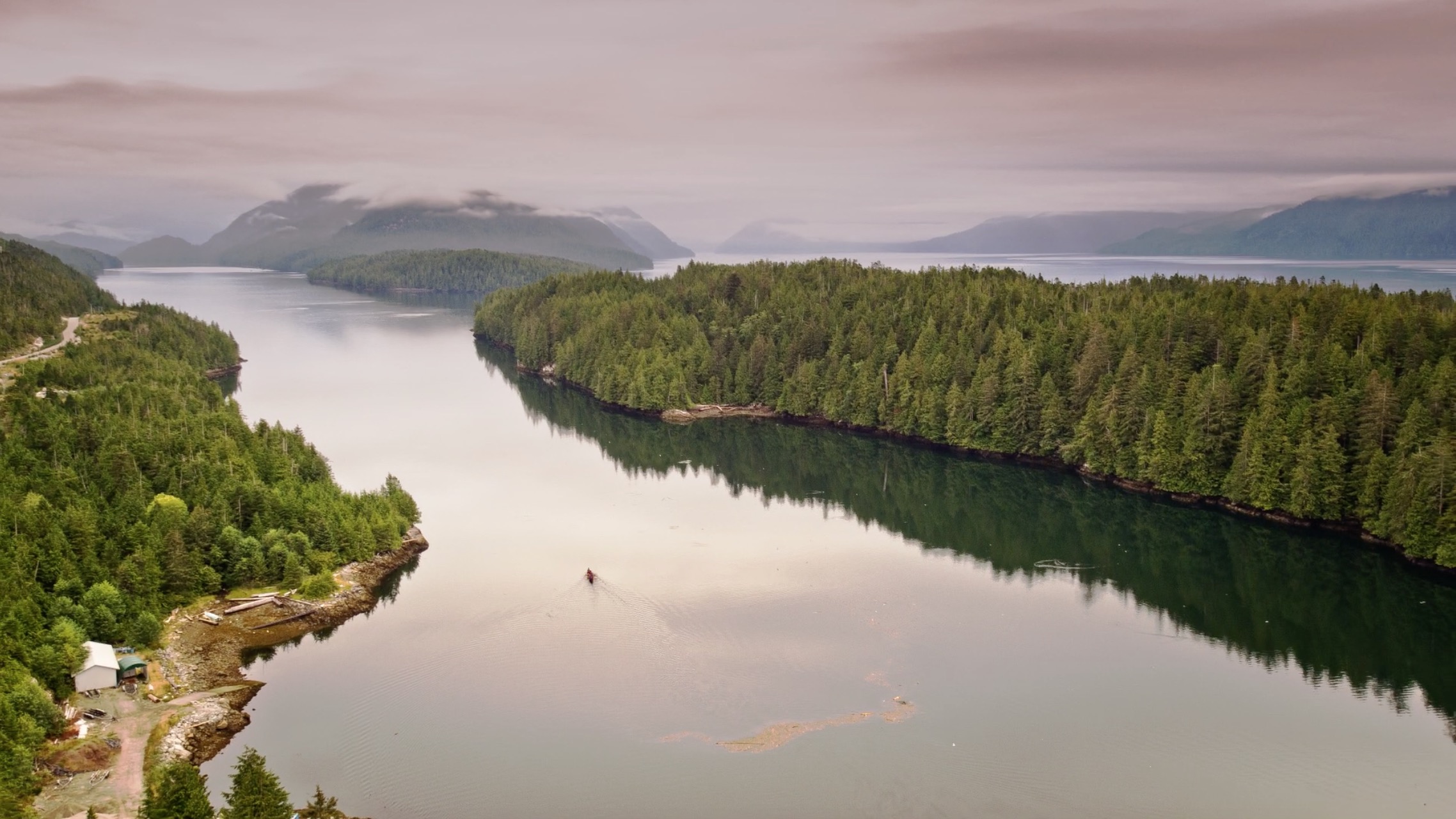(Vancouver, BC) May 17, 2019 – The recommendation from the Senate’s Transport Committee to reject Bill C-48, the Oil Tanker Moratorium Act, is highly disappointing but not entirely surprising.
“The Committee was under intense pressure from the oil industry lobby and individual business interests to reject Bill C-48,” says Marilyn Slett, President of the Coastal First Nations, who added that our communities have spent the last four decades working to protect the fragile ecosystems on the coast from a catastrophic oil spill.
A voluntary oil tanker moratorium has been in place on the North Coast for decades. “Formalizing the voluntary oil tanker ban was one of the cornerstones of the Liberal Party election platform in 2015. It is our expectation that they will follow through with their election promise,” says Slett. “The Senate, as well the elected government, must demonstrate by passing Bill C-48 that they are committed to reconciliation.”
Bill C-48 would prohibit oil tankers carrying more than 12,500 tonnes of crude or persistent oil from stopping, loading or unloading at ports in northern British Columbia. First Nations have lived on the Pacific North Coast for more than 14,000 years. Healthy marine environments are economically, culturally and environmentally integral to the well-being of our coastal communities.
“Large oil tankers in our fragile coastal waters pose an unacceptable risk to our people and our livelihoods,” Slett said, adding that all Canadians should be concerned about the recent committee vote on Bill C-48. “Every environmental bill in front of the Senate is in danger by unprecedented lobbying by big oil,” she says.
We urge the Senate to pass Bill C-48 and permanently ban large oil tankers in the Pacific North Coast. The tanker ban is supported by the vast majority of coastal people – those who would be most affected by an oil spill – as well as a clear majority of Canadians across the country.
-30-
More information:
Chief Marilyn Slett
President, Coastal First Nations
250-957-7721


